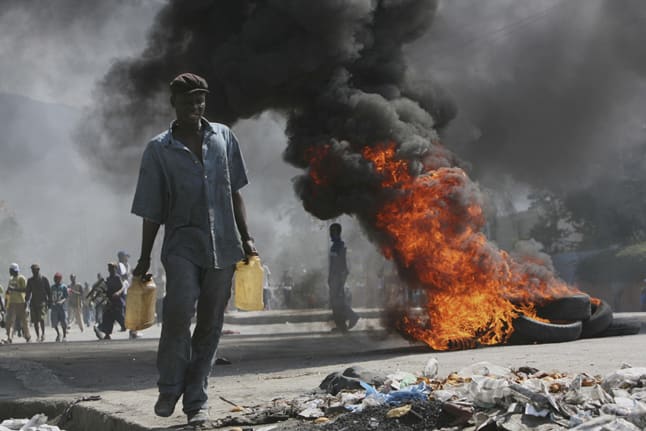
Riots in Haiti and Cameroon, violent protests in Ivory Coast, and heated demonstrations in Mauritania, Mozambique, Senegal, Uzbekistan, Yemen, Bolivia, Indonesia and other countries have shown the instability rising food prices causes. 13 per cent of the world’s population is undernourished due to extreme poverty, while up to 2 billion people lack food security intermittently. (source: United Nation’s Food and Agriculture Organization) © AP / Reporters
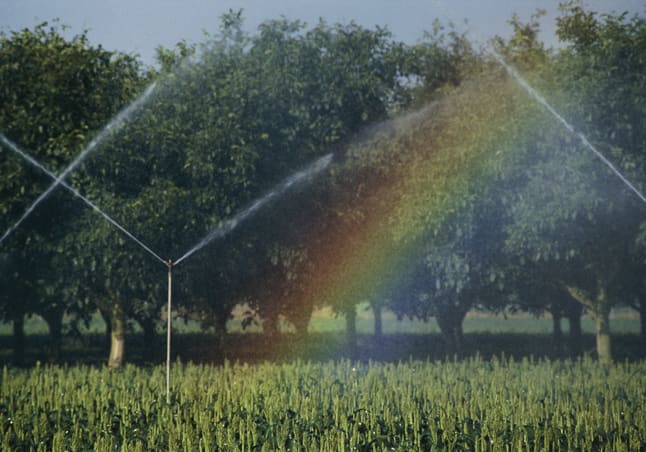
Water is already a security issue. The biggest consumer of water in the world is agriculture: it uses three-quarters of water resources. A kilogram of potatoes takes roughly up to 500 litres of water to produce; a kilogram of grain-fed beef up to 100,000. (sources: Council of Europe/OECD) © Science Photo Library / Reporters
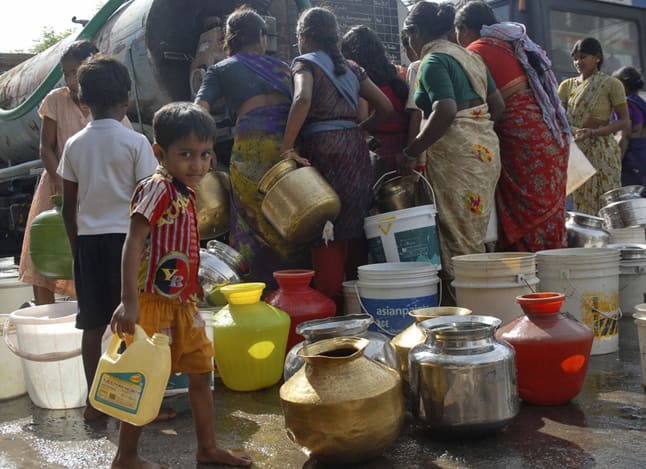
97.5 per cent of water on the Earth is salt water, leaving only 2.5 per cent as fresh water. Of this small portion, over two thirds is frozen in glaciers and polar ice caps. Water demand already exceeds supply in many parts of the world and with the growing population, it is predicted that by 2025 two-thirds of people on the planet will be short of water. (source: Greenfacts.org) © AP / Reporters
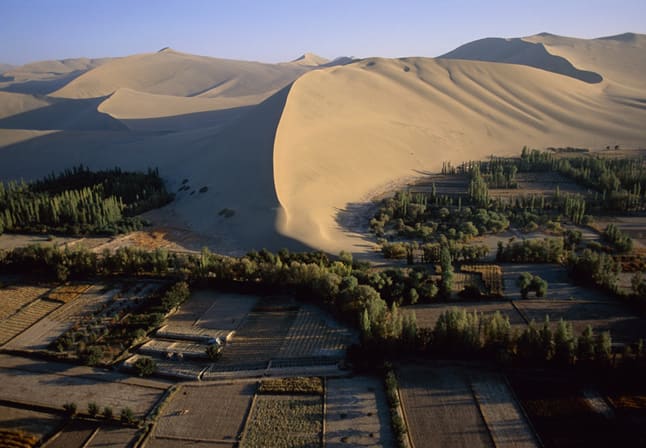
Desertification, meaning land degradation leading to less biological productivity, results from man-made activities. Some 24 billion tons of fertile soil disappear annually. One third of the Earth’s land surface (4 billion hectares) is threatened by desertification, and over 250 million people are directly affected by it. (sources: NATO Science Programme/FAO) © Science Photo Library / Van Parys Media
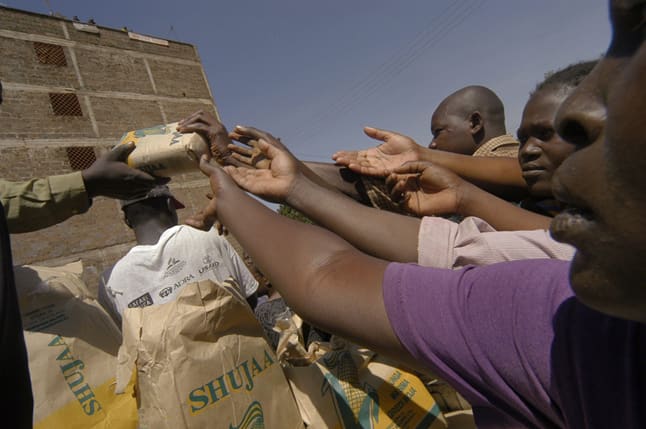
Migration is one of the main consequences of food insecurity. From 1997 to 2020, some 60 million people are expected to move from the desertified areas in Sub-Saharan Africa towards Northern Africa and Europe. The process is predicted to increase with population growth: in 2050 there will be 3 billion more mouths to feed. (sources: International Panel on Climate Change/United Nations) © AP / Reporters
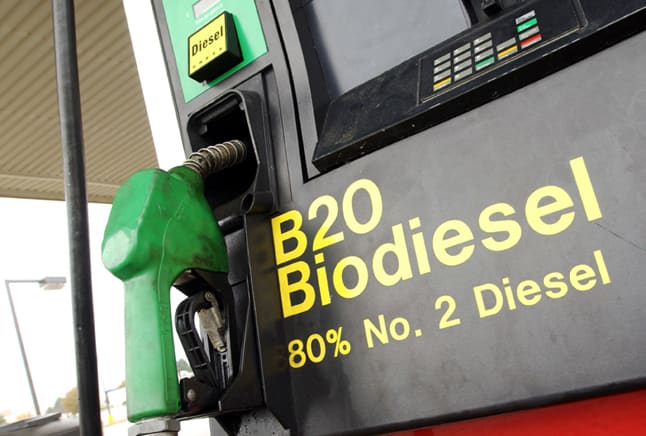
The growing practice of turning crops into biofuel has been blamed by some for creating food shortages, thereby increasing prices leading to more insecurity. To produce 50 litres (or around a normal car’s tankful) of the biofuel ethanol, 232 kilograms of maize are needed. The same amount could feed a child in Zambia for a year. (source: United Nations) © AP / Reporters

The food insecurity in many countries is thrown into relief with food excess problems in the First World. About one quarter of global food is thrown away without being eaten. Obesity levels are rising in many developed countries. While the World Food Programme warns of growth of the urban poor (and consequent increased instability), the WHO is also warning that 700 million people will be obese by 2015. (source: World Health Organization) © Emilio Ereza / Van Parys Media
